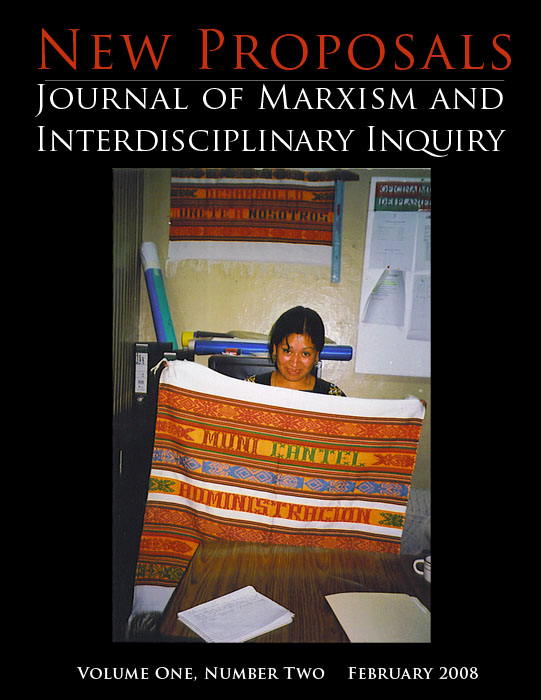Social Class: The Forgotten Identity Marker in Social Studies Education
Keywords:
critical education theory, curriculum, social class, powerAbstract
This paper describes a study that took place from 2002-2004 in which I critically examined the discourses pertaining to social class in two sources: first, the state-sanctioned social studies curriculum used in British Columbia high schools from the first version published in 1941 to the 1997 version; second, interview transcripts with ten social studies department head teachers in Vancouver British Columbia that focussed specifically on working-class issues in social studies. The ideologies that emanated out of modernity—liberalism, socialism and conservatism—form the basis of the analysis. The evolution of the BC social studies curriculum has undergone an ideological shift in terms of social class represented from conservatism to liberalism. References to social class have almost completely disappeared. The majority of the teacher discourse about class incorporated ideas from both conservatism and liberalism. There were some occasional remarks that demonstrated a radical influence on the thinking and teaching of a few teachers. The most important conclusion is that there is a clear mirroring of the political ideology underlying the formal curriculum with the attitudes of the teachers: issues of social class were almost completely absent from both data sources. Some suggestions for social studies teachers to address this are offered.Downloads
Published
2008-03-02
Issue
Section
Articles

